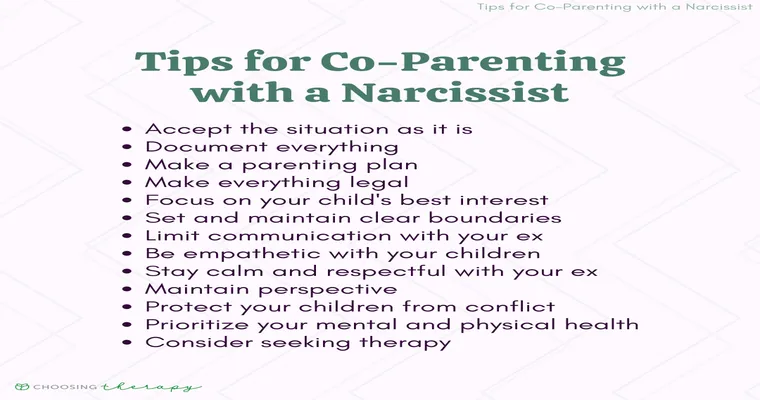Dealing with a "mom with dementia" who also exhibits traits of "narcissistic personality disorder" can be an incredibly challenging experience, especially when she is in rehab and only permits you to visit. The combination of these two conditions can create a complex emotional landscape, making it essential to approach the situation with care, understanding, and effective strategies. Here are some practical tips on how to handle this difficult circumstance while maintaining your own emotional well-being.
Understanding the Conditions
Before you can effectively interact with your mom, it is crucial to understand both "dementia" and "narcissistic personality disorder". Dementia affects memory, thinking, and social abilities, leading to confusion and changes in behavior. On the other hand, narcissistic personality disorder is characterized by a pervasive pattern of grandiosity, a need for admiration, and a lack of empathy. When these two conditions coexist, it can lead to heightened emotional responses and significant challenges in communication.
Setting Boundaries
While visiting your mom, it is essential to establish clear boundaries. This is especially important given her narcissistic tendencies, which may manifest as manipulation or demands for attention. Be clear about what you are willing to provide in terms of emotional support and time. Setting boundaries will help you protect your mental health and prevent feelings of being overwhelmed.
Preparing for Visits
Before each visit, take some time to prepare mentally and emotionally. Understand that your mom's reactions may be unpredictable due to her conditions. Consider practicing relaxation techniques such as deep breathing or mindfulness to help you stay calm during the visit. This preparation can help you respond to her behavior with patience and empathy, rather than frustration.
Communicating Effectively
Effective communication is key when dealing with a loved one who has both dementia and narcissistic traits. Use simple, clear language and avoid complex topics that may confuse her. Focus on positive reinforcement and validation of her feelings, even if they seem exaggerated or self-centered. This approach can help minimize conflict and foster a more positive interaction.
Finding Support
Caring for someone with complex mental health issues can be isolating. It is essential to seek support from friends, family, or support groups. Sharing your experiences with others who understand your struggles can provide valuable insights and emotional relief. Consider joining a caregiver support group where you can connect with others facing similar challenges.
Prioritizing Self-Care
Caring for a parent with dementia and narcissistic personality disorder can take a toll on your emotional and physical health. Make self-care a priority. Engage in activities that bring you joy and relaxation, whether it's exercise, reading, or spending time with friends. Taking care of yourself will enable you to be a more effective and compassionate caregiver during your visits.
Know When to Seek Professional Help
If you find that the situation is becoming too overwhelming, do not hesitate to seek professional help. A therapist who specializes in family dynamics and mental health can provide guidance and coping strategies tailored to your specific situation. They can also help you navigate the feelings of guilt or frustration that may arise from your interactions with your mom.
Conclusion
Navigating the complexities of having a mom with "dementia" and "narcissistic personality disorder" in rehab is no easy feat. However, by understanding the conditions, setting boundaries, preparing for visits, communicating effectively, seeking support, prioritizing self-care, and knowing when to seek professional help, you can manage this challenging situation. Remember that you are not alone in this journey, and taking care of your own well-being is just as important as caring for your mom.





